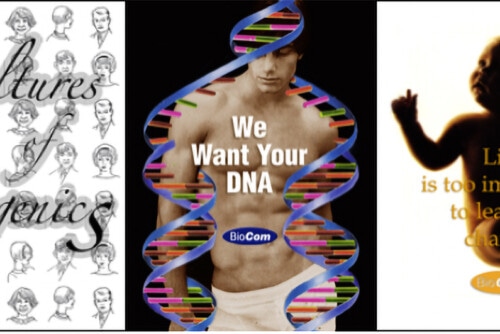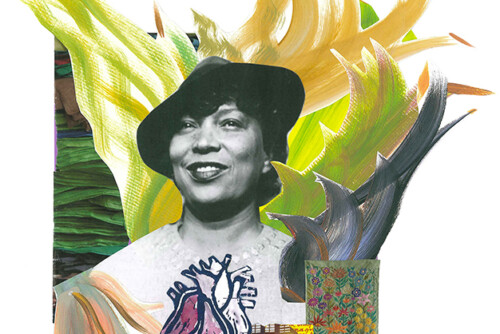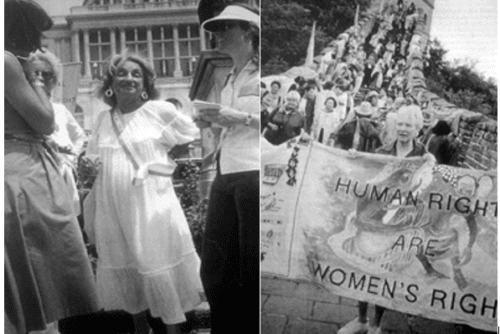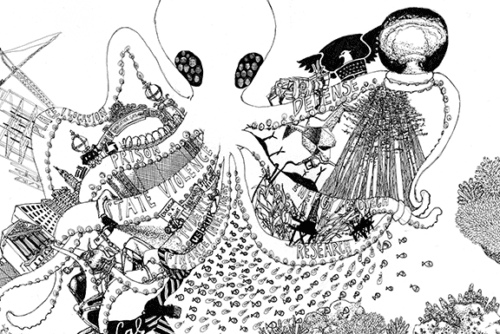Back from the Catskills, I’ve enrolled my daughter in a week-long music camp so I’ll have time to prep my courses and write. She comes home the first day and tells me, “This 8-year-old girl is adopted from Guatemala, too. We started talking, and I could tell she looked like me, her color was the same but her hair is wavy. She comes from the jungle area.” Later in the week, I overhear these two in conversation: “Have you ever been there?” the other girl asks, then proudly declares, “I’ve been to visit five times!” “I have pictures from when me and my mom were there when I was a baby, but I decided I want to wait to go back until I’m around 11, when I’m old enough to understand everything,” my daughter informs her. What my child did not explain is that she has sometimes felt overwhelmed and confused by our conversations about the history of war and suffering in Guatemala, our reading of a biography for children about Rigoberta Menchú,1 and other kids books about Guatemala, and especially my showing her the (inspiring, I’d naively thought) website for Safe Passage,2 a child welfare organization that works with children and families living in the garbage dump of Guatemala City.
As Eng notes in the context of First Person Plural, “[t]he contemporary formation of interracial First and Third World families represents a tremendous opportunity … the disjunctive experiences of the transnational adoptee open upon a painful though potentially productive social and psychic terrain exceeding the privatized boundaries of the family unit.”3 There is no GPS in this place. My daughter is learning Spanish in the dual-language program of our neighborhood public elementary school, where she is in the majority as a child of color, and many of the families are Central American. Do I think this helps her find her way? I hope so. Yet I also worry that my own confusing, painful awareness that my joy as a mother depends on her first mother’s loss (she always watched with curious anticipation as my eyes filled each time I got to the part about the birth mother in the requisite adoption storybooks I used to read her), and my efforts to explain Injustice! Racism! Exploitation! Global Capitalism!, have been too much for her tender heart to absorb.
These are deeply personal, challenging issues. Leinaweaver’s and Castañeda’s papers remind us that these intimate spaces of the family are opportunities for political conversation, where feminists can and should engage with transnational and transracial adoptive families around domestic and global issues of economic justice and human rights. In challenging popular discourses of saving abandoned children and complicating ideas of racial difference, Leinaweaver and Castañeda make visible what I would suggest is the ideological (as well as affective) work done by many adoptive parents to make their “global families” feel “normal.” Inasmuch as their work to construct an optimistic, coherent personal adoption narrative may also defend against the anxiety that acknowledging trauma (historical, economic, social, psychic) in transnational adoption might destabilize their family’s joy and sense of wholeness, some adoptive parents may resist critiques of transnational and transracial adoption. Yet our relation to the suffering of other mothers—our children’s first mothers—and our relation to racism and inequality through our children’s lives, can also open onto the possibility of an “ethical multiculturalism” that recognizes in the personal struggle to sustain our own families the need for political struggle to support the rights of women, families, and children around the world.
- Michael Silverstone, Rigoberta Mench—: Defending Human Rights in Guatemala (New York: The Feminist Press, 1999). [↩]
- Safe Passage website. [↩]
- Eng, 32. [↩]




